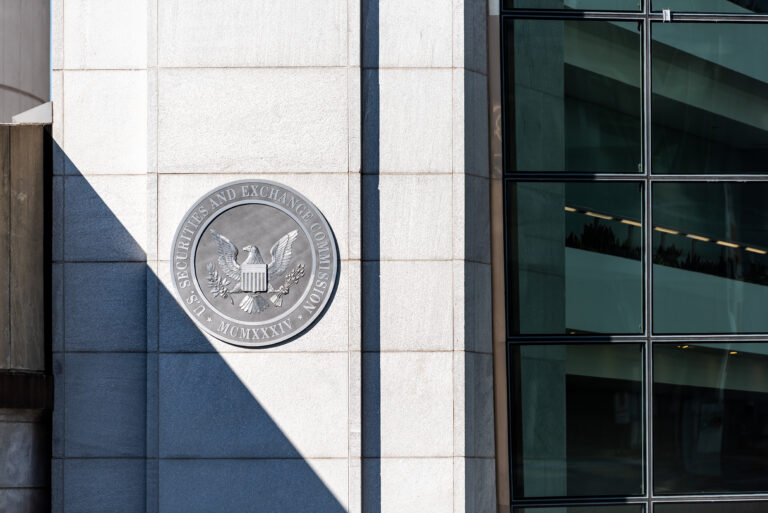The 5th Circuit Court of Appeals overturned the entire Private Funds rule as promulgated by the SEC

By Anthony V. Mannino, Esq.
In a decision released on Wednesday, June 6th, the New Orleans-based 5th U.S. Circuit Court of Appeals ruled in favor of six private equity and hedge fund groups, finding the SEC exceeded its authority when it adopted the Private Funds Rule in August 2023.
The Court essentially found that:
- The SEC did not have rule-making authority over private funds for the areas covered by the enacted rules.
- Any rule-making authority that did exist to address fraud or deceptive practices specifically did not articulate the nature of those potential hazards well enough in the rule.
The SEC had argued that the 1940 Acts (Investment Company Act and the Investment Advisers Act), as amended by Dodd-Frank, gave it rulemaking authority over the topics covered.
What does this mean for the industry?
The rule is vacated (and therefore precluded from enforcement) in the states located in the 5th Circuit (Texas, Louisiana, Mississippi). Due to the complexities and interstate nature of the issue, that is likely a nationwide restriction on enforcement as a practical matter.
Can the SEC appeal this ruling? Or will it seek to rework and reproposed the rule altogether?
The SEC can appeal to the US Supreme Court. The SEC might go back to the drawing board under its authority to regulate fraud or deceptive practices. The nature of the risk would have to be more specifically detailed, and the types of requirements placed on funds might be much narrower than the rule as issued. That approach still might fail, as the Court’s opinion on the SEC’s lack of authority to govern the private fund space was fairly broad.
What does this mean for other rules that are being challenged?
The 5th Circuit has generally held a narrow view of the SEC’s powers and its rulemaking process. However, the 5th Circuit’s decisions are not always upheld: in 2022, it issued a broad decision finding that the entire funding structure of the CFPB was unconstitutional; that case was eventually revered by the US Supreme Court.
What were some of the more contentious parts of the rule? Accelerated monitoring fees?
The Court did not specifically parse out the individual elements of the rule in that fashion, but clearly the cost and limited scope of the alleged problem to be solved figured in its decision:
- The Court noted in the opinion that the SEC “estimated that the Final Rule will cost $5.4 billion and require millions of hours of employee time.”
- The Court also noted that the SEC’s basis for issuing the rule as a fraud protection measure did not hold up as it only “observed misconduct by about 0.05% of advisors.”
Will the SEC fight here or might it instead still enforce as many provisions as it can of the rule under existing enforcement capabilities?
The Opinion vacated all parts of the rule. Whether the SEC appeals depends on how strong it thinks its Congressional authority is under existing laws – and whether the US Supreme Court is bound to agree that the 5th Circuit got it wrong.
What should private fund managers do now, and how does this impact connections to the marketing rule?
This is very new, so we’ll have to wait for the dust to settle and gauge the SEC’s reaction.



